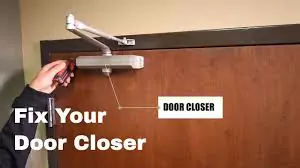
Yes, a door closer helps close doors slowly, preventing slamming. Adjusting door closer screws, springs, and arms ensures smooth operation and safety.
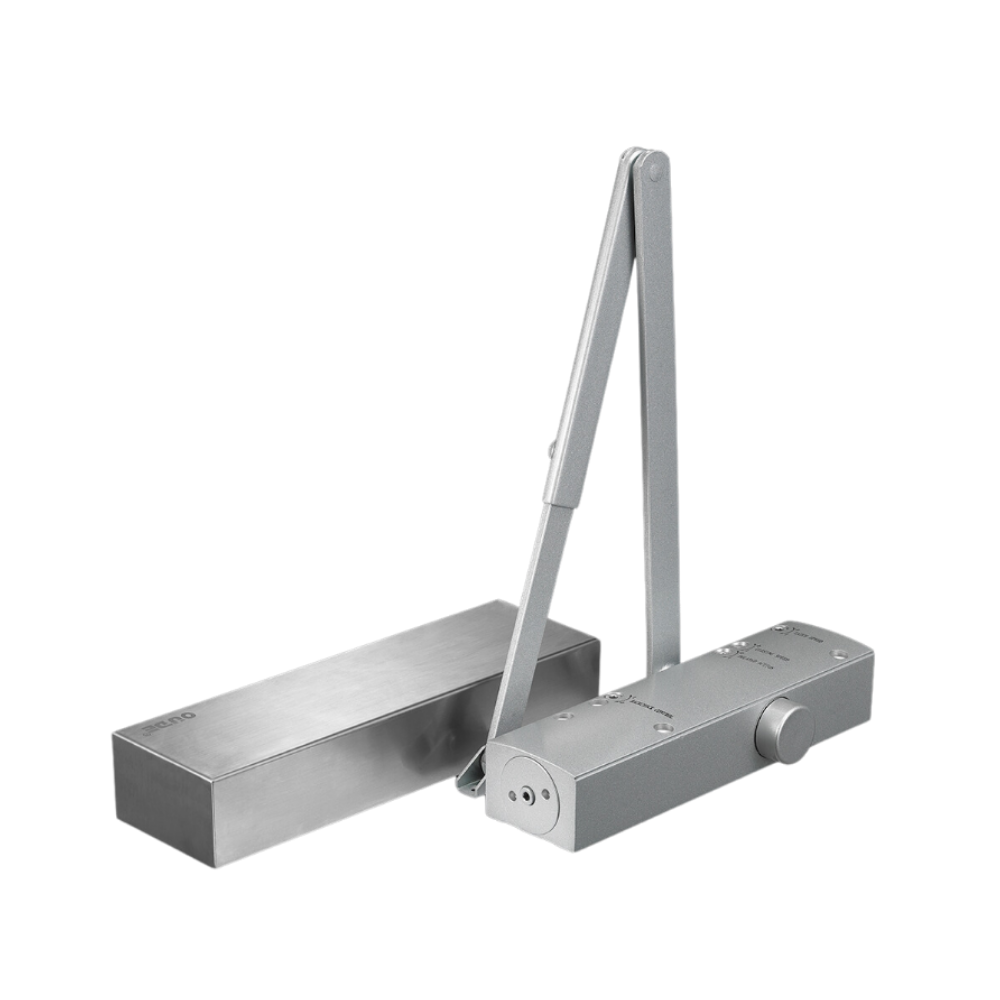
Door closers are mechanical devices installed on doors to ensure they close automatically after being opened. Their purpose? Simple — to control the door’s closing speed and help prevent slamming, keeping spaces functional and safe. Most importantly, yes, a door closer does help a door close slowly. This slow, controlled closing is a fundamental feature, designed to manage the door’s motion and prevent abrupt shutdowns that might cause injury or damage.
So, asking “does a door closer help close slowly?” is like asking if brakes help a car stop smoothly. Definitely yes.
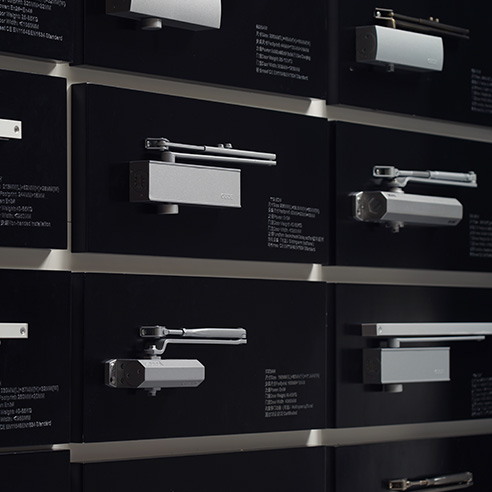
Contact Cn-oude for top-notch door closer solutions today!
The speed and effectiveness of door closers are driven by four key components. Each plays a unique role in managing how fast or slow the door closes.
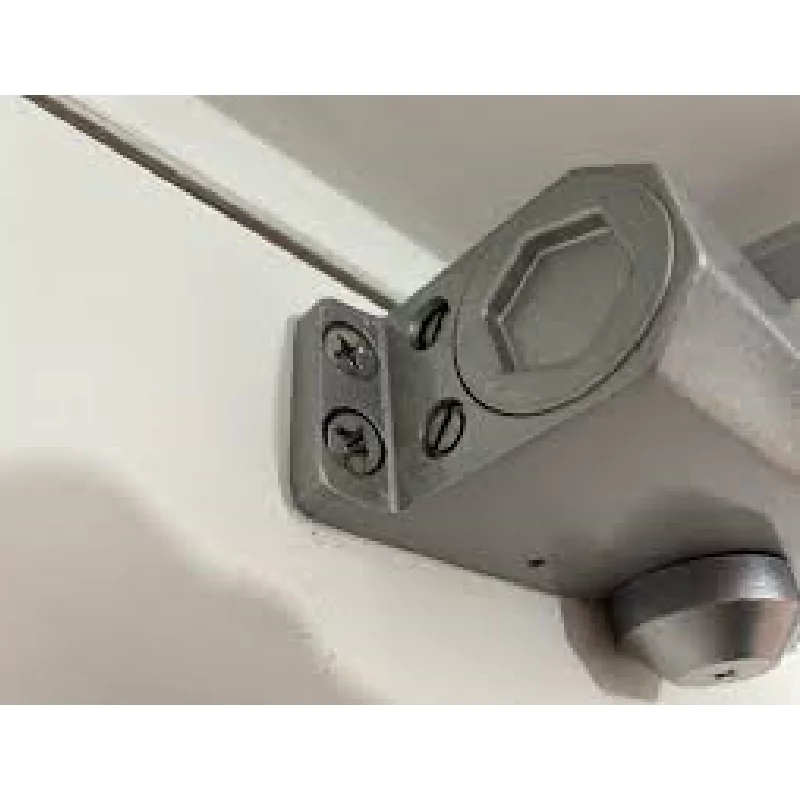
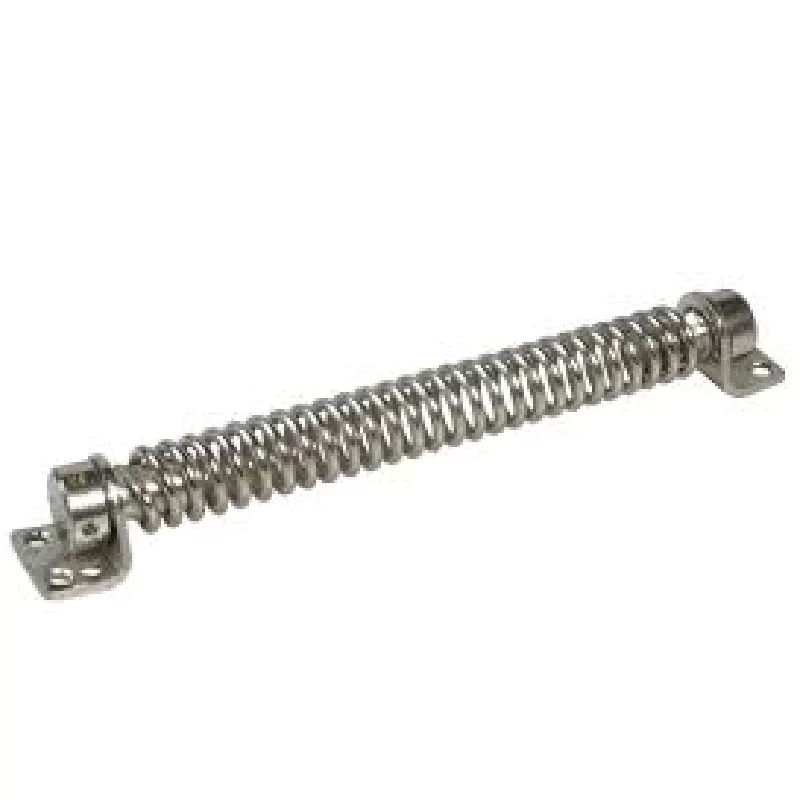
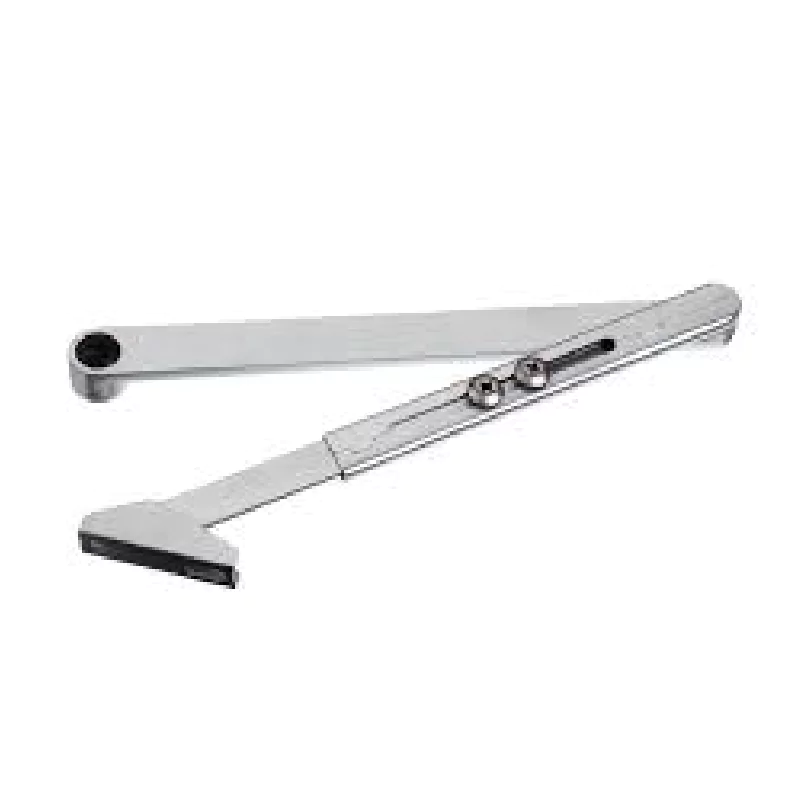
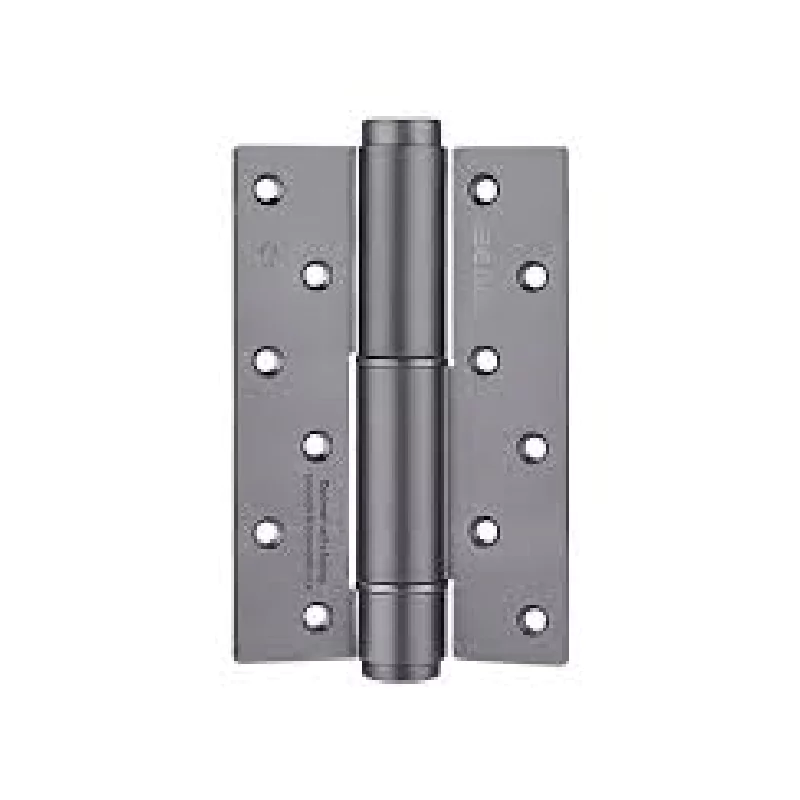
| Part | Role |
| Door Closer Adjustment Screws | Control the door’s closing speed. They adjust main speed, latching speed, and backcheck (opening speed). |
| Door Closer Spring | Provides the force to close the door. Stronger springs speed up closing; lighter springs slow it down. |
| Door Closer Arm | Transfers energy from the door to the closer. Proper alignment ensures smooth closing. |
| Door Closer Hinge | Impacts smooth closing. Old or damaged hinges affect the door’s movement regardless of closer settings. |
Adjustment screws are your primary mechanism to control door closing speed. Most door closers have two to three sets of screws: one that adjusts the main closing speed, another for the latching speed (how fast the door comes to a final close), and sometimes, a third for backcheck, which controls the door’s speed at the opening cycle. By calibrating these small but powerful screws, you can slow down or speed up the door as it approaches its closing point. This is particularly relevant when considering how a door closer does help close slowly.
The spring inside the door closer is the muscle behind the device. This tightly coiled component powers the door’s return to the closed position. A stronger spring increases the speed and force, while a lighter spring means a slower, softer close. Adjusting or replacing the spring tension is a method of controlling the overall closing process. Understanding how to adjust a door closer’s spring is essential for achieving the desired slow close.
The door closer arm acts like a lever that transfers the energy from the door to the door closer. The positioning and condition of the arm can have a subtle, yet profound effect on speed. If the arm is misaligned or damaged, it will impact how fluidly the door returns to closure. Thus, knowing how to tighten a door closer arm is also important in ensuring it functions properly.
While not part of the closer itself, we can’t ignore the influence of the door hinge. A door with old, squeaky, or damaged hinges will not close smoothly — no matter how well the door closer is adjusted. Proper lubrication and maintenance of both the hinge and closer are essential for balanced operation.
Now that you get the gist of what parts affect the closing speed, let’s run through the process of adjusting a door closer. It’s not complicated, but it needs precision.
| Step | Action |
| Step 1 | Locate the adjustment screws on the side or back of the unit. |
| Step 2 | Use a screwdriver to adjust the closing speed. Clockwise to slow down, counterclockwise to speed up. |
| Step 3 | Adjust the latching speed screw. Clockwise to reduce speed, counterclockwise to increase. |
Most closers have adjustment screws on the side or back of the unit. You’ll find instructions in the manual or directly on the closer. You’ll typically see labeled adjustments for closing speed and latching speed.
Using a compatible screwdriver, turn the closing speed screw to adjust the time it takes for the door to move from a fully open position to nearly closed. Turning it clockwise will slow down the closing speed, while turning it counterclockwise will speed it up. This is how to adjust a door closer effectively.
Next, adjust the latching speed screw. This will affect the final 10% of the door’s closing motion. You want to avoid slamming, and at the same time, ensure the door closes tightly. Again, turn clockwise to reduce speed, or counterclockwise to increase it. Does a door closer help close slowly? Yes, with the right latching speed.
Beyond just the adjustable components of the door closer, other elements play into how fast or slow a door closes. These aren’t always immediately visible, but they have significant impacts.
| Factor | Impact |
| Weight and Size of Door | Heavier or larger doors close more slowly if the door closer isn’t strong enough to handle the weight. |
| Environmental Conditions | Cold temperatures slow down the closer (due to thickening oil), while heat can speed it up (due to expanding fluid). |
| Wear and Aging | Over time, wear can cause inconsistent speeds, oil leaks, or unusual noises, indicating the need for maintenance or replacement. |
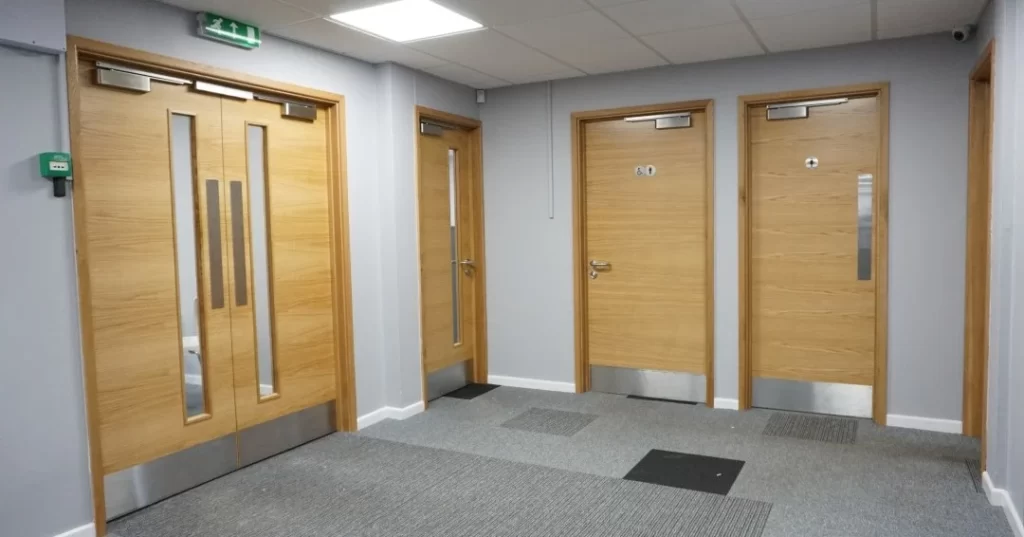
Heavy, large doors will naturally close more slowly unless your door closer is specifically engineered to manage that weight. In situations where a standard closer is used on a heavier door, you may notice the closer struggling to bring the door shut in a controlled manner. Upgrading to a stronger closer is a solution here, especially if you want to ensure that a door closer does help close slowly.
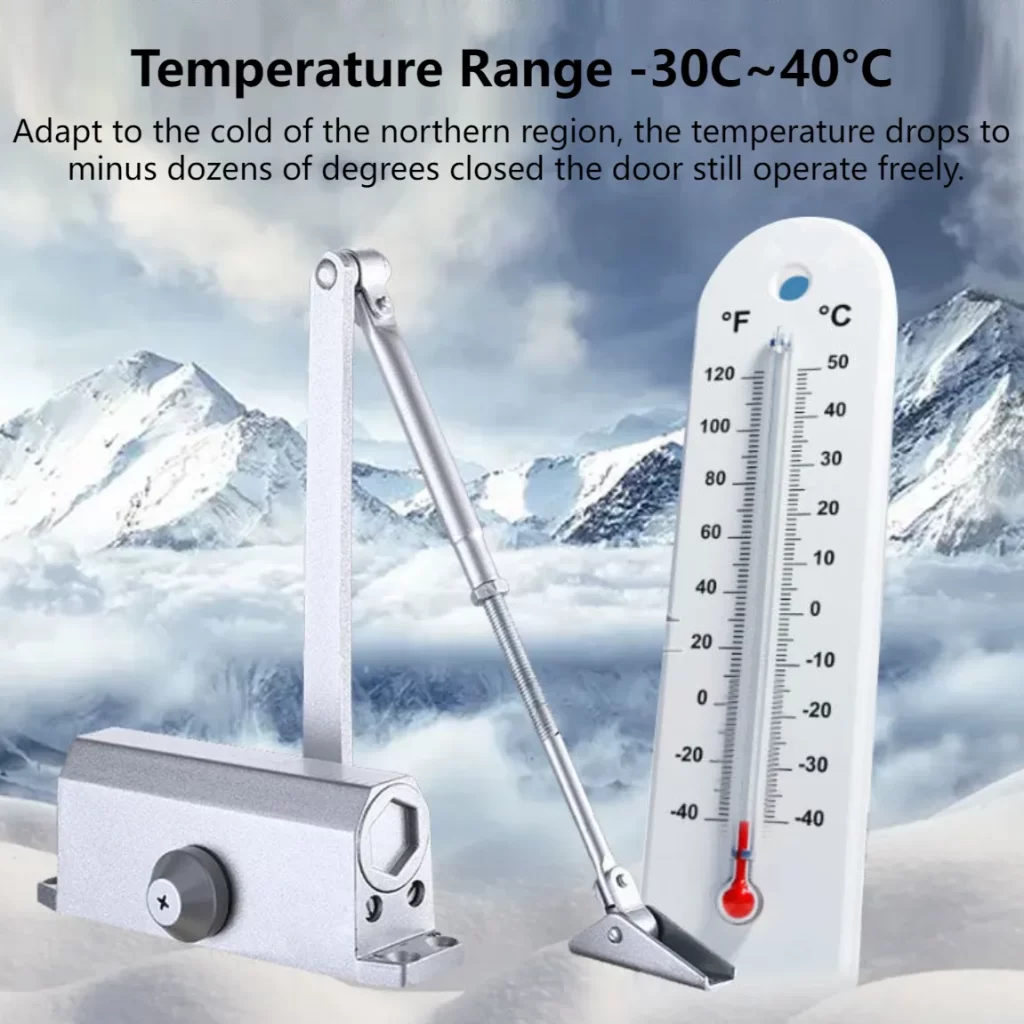
Don’t overlook the effect of the environment. Colder temperatures tend to slow down door closers, especially if the oil inside the device thickens. Similarly, in intense heat, the fluid inside may expand, speeding up the door. Climate can have an unrealized yet persistent impact on your door closer’s performance.
With use comes wear and tear. Your door closer will naturally degrade over time, particularly if it’s not regularly maintained. If you start seeing inconsistent closing speeds, oil leaks around the closer, or hear unusual sounds during operation, these are signs that the closer might be aging and may need to be replaced or serviced.
To overcome these challenges, continual maintenance is key. One popular and reliable solution has been provided by Cn-oude, a leading door closer manufacturer in China. By combining technology with a precise understanding of door closer parts, they offer comprehensive remote monitoring, on-site maintenance, and local service teams to ensure door closers are working at maximum efficiency. Does a door closer help close slowly? Cn-oude ensures it does, with quality service.
Cn-oude combines durability and exceptional service, ensuring your door closers remain in top condition even under heavy use. Their innovative remote solutions provide quick insight into on-site issues — making it easier to troubleshoot without calling in a technician right away.
Door closers indeed help slow down a door’s closure, preventing slamming and promoting safety. But they don’t do it alone. The individual parts like adjustment screws, springs, arms, and hinges all play pivotal roles in ensuring smooth operation. If you’re looking to adjust your door closer for the best performance or thinking about upgrading to a better system, consider working with Cn-oude, a trusted name in door closer manufacturing. Their commitment to quality maintenance and support ensures your door systems remain reliable for years to come.
Time to act – get in touch with Cn-oude today for optimal door closer solutions. Does a door closer help close slowly? With their expertise, it always will.




